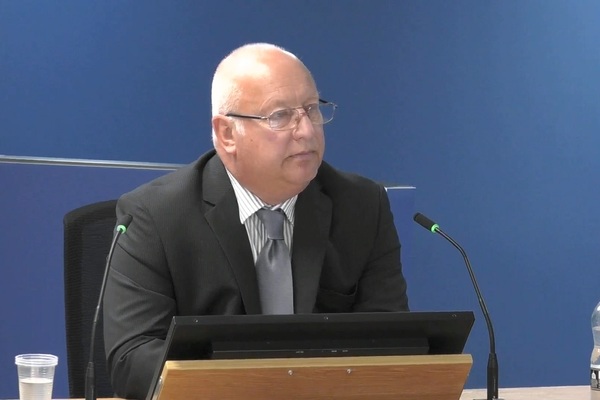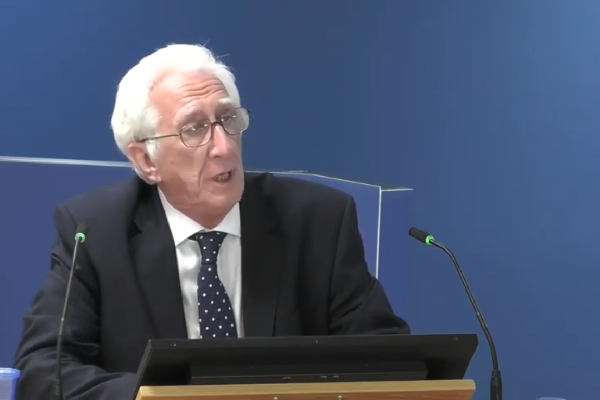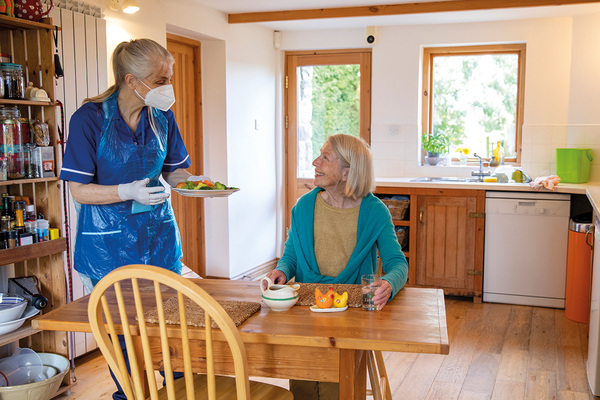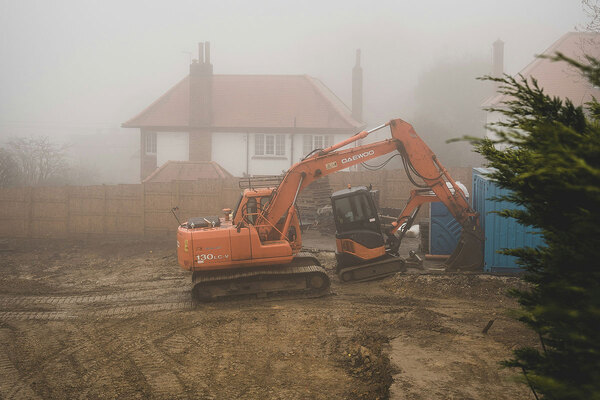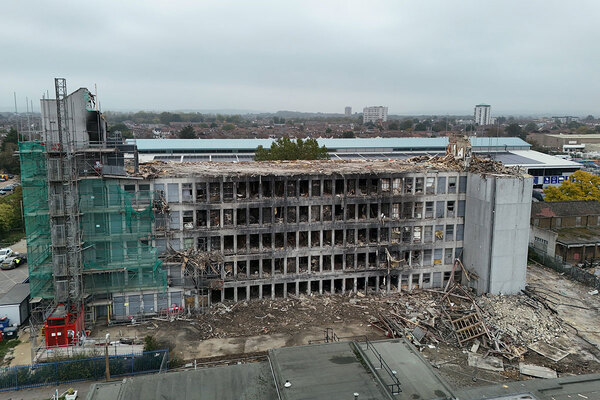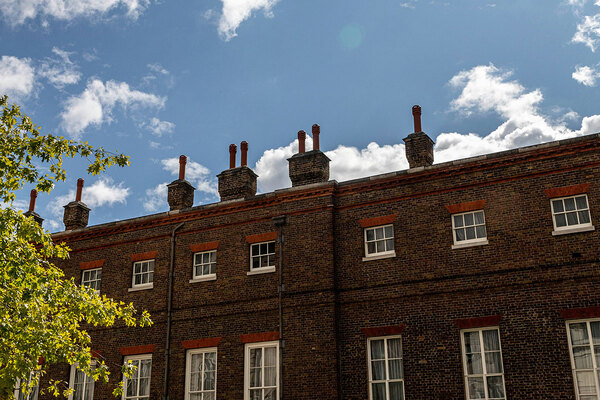You are viewing 1 of your 1 free articles
Government to enforce rules on landlords to improve accessibility for disabled tenants
Landlords will be required to make shared spaces in buildings more accessible to disabled users as part of the government’s new National Disability Strategy.
The strategy paper outlines £1.6bn of funding, including a £573m pot to boost the accessibility of homes. It comes as part of a promise made in the Conservative Party’s 2019 election campaign to deliver safer and more accessible housing, as well as better job prospects and care for disabled citizens.
Revealing the long-awaited plan on Wednesday, the Cabinet Office confirmed it will progress work to require landlords to make “reasonable adjustments to the common parts of leasehold and commonhold homes”, with a consultation planned for later this year.
Currently, the 2010 Equality Act states that tenants have the right to require landlords to make reasonable adjustments to common areas of residential buildings, including hallways, entrances and stairs. But the Cabinet Office aims to bring the provision into law in England and Wales in 2021.
The strategy does state that landlords will be able to get tenants to pay for the work but those on low incomes or with disabled children will be able to apply for funding through the Disabled Facilities Grant scheme.
A total of 100 policies are included in the strategy paper, which has been informed using feedback from the UK Disability Survey, launched in January until April this year.
An estimated 14 million people in the UK live with disabilities. Findings from the 14,000-participant survey revealed that nearly half (47%) of disabled respondents reported having at least “some difficulty” getting in and out of where they live.
Separate figures from the 2018/19 English Housing Survey suggest that just 9% of homes in England currently have the key features required to make a home accessible to disabled users, meanwhile, up from 5% in 2009.
Currently, less than half of local plans for new homes in England include requirements for a proportion of those to meet higher accessibility standards, the report stated.
Ministers pledged to take “immediate steps” to increase the supply of accessible housing across the country – both by raising accessibility standards and boosting the number of affordable homes available to people living with disabilities.
Currently, disabled residents in England and Wales can access Disabled Facilities Grants via their local councils to make adaptations to their homes to improve accessibility.
Following an independent review of the Disabled Facilities Grant in 2018, the Ministry of Housing, Communities and Local Government (MHCLG) and the Department of Health and Social Care will publish joint guidance for local authorities in England on effective delivery of funds during 2021.
MHCLG has also promised that 10% of the 180,000 new homes built through the government’s £11.5bn Affordable Homes Programme will be supported housing.
The Department of Health and Social Care, which also provides funding for specialised housing, will also invest £71m in the Care and Support Specialised Housing Fund in 2021/22.
MHCLG will confirm plans to improve the framework to deliver accessible new homes by December this year, the strategy paper confirmed, with further research commissioned into the guidance on meeting building regulations.
“The research will help us to improve guidance and inform future policy. It will consider modern building design approaches, technology, and building use and operation,” a statement read.
Wednesday’s announcement also included a pledge to extend disabled tenants’ rights on accessibility, and ensure the safety of disabled people in buildings during emergencies.
Campaigners have fought for safer living requirements including accessible escape routes for tenants since the Grenfell Inquiry revealed that disabled people made up a disproportionate number of those killed in the tower block fire in 2017.
A government consultation on the proposals, published in July last year, proposed requiring evacuation plans for disabled people only in buildings with known safety issues and a waking watch – a substantial watering-down of the inquiry’s initial recommendation.
The Department for Work and Pensions is promising regular disability surveys from January in a bid to ensure disabled people are included in the government’s policymaking process going forward. Ministers said they would commit to publishing an annual report measuring the progress made on the policies outlined, offering the opportunity to update the strategy where needed.
Devolved nations are taking their own steps to ensure accessibility, the report confirmed.
Sign up for our care and support bulletin
Already have an account? Click here to manage your newsletters

